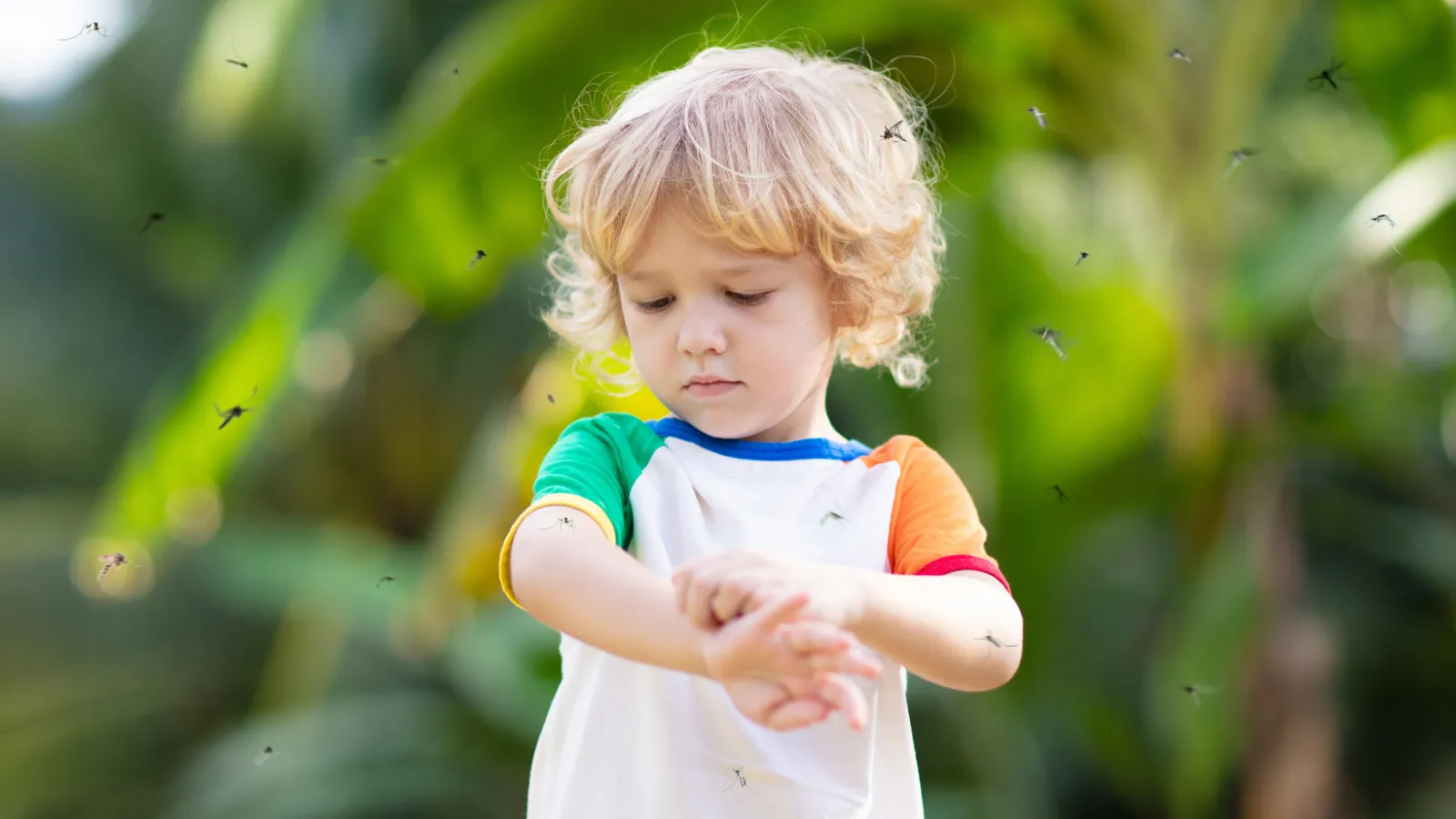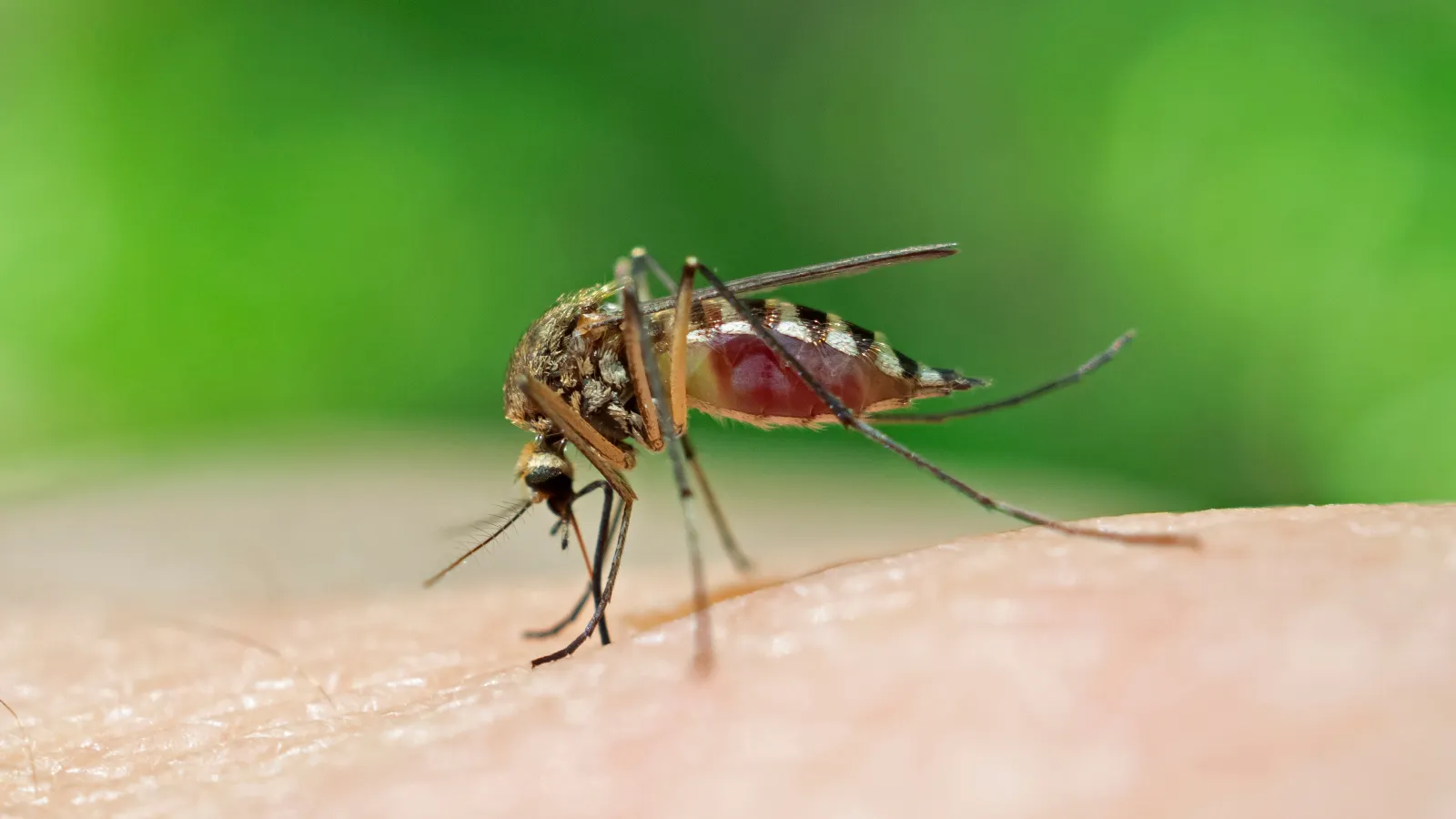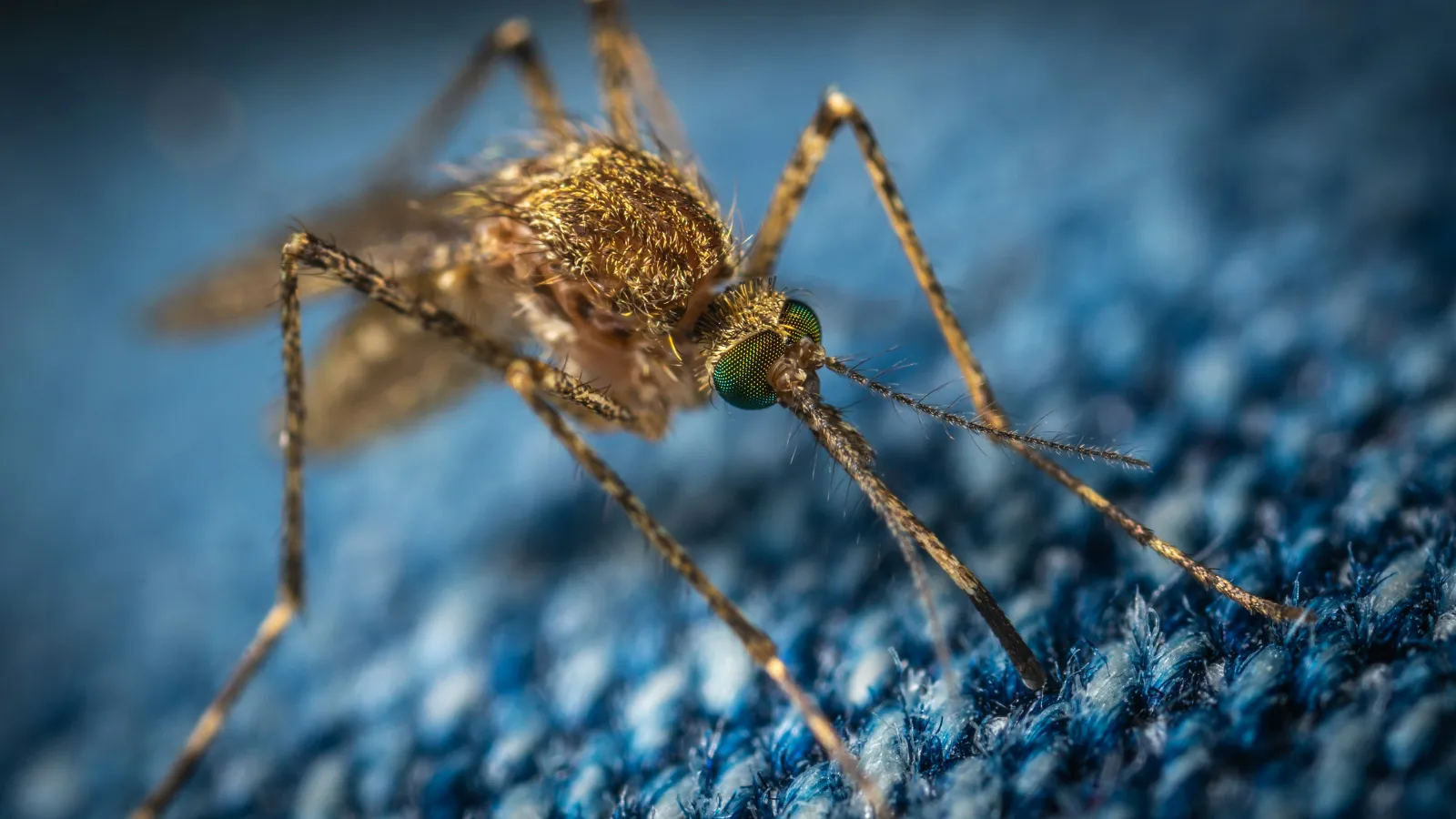
Why Some People Attract Mosquitoes More Than Others
Have you ever wondered why mosquitoes are attracted to some people more than others? The phenomenon of selective mosquito biting has puzzled scientists for years. We will explore the various factors that influence mosquito preferences and shed light on why mosquitoes bite certain people more than others.
Genetics:
Believe it or not, your genetic makeup plays a role in determining your attractiveness to mosquitoes. Numerous studies have suggested that certain genes influence the production of chemicals and odors emitted by our bodies. These chemicals can either attract or repel mosquitoes. People who naturally emit higher levels of substances like lactic acid, uric acid, and ammonia tend to be more appealing to mosquitoes. Additionally, variations in body temperature and sweat composition may also affect mosquito preferences.
Mosquitoes are attracted to heat, and our bodies naturally emit warmth. When we are active or experiencing an elevated metabolic rate, our body temperature rises. Mosquitoes have heat sensors that allow them to detect temperature gradients, enabling them to locate warm-blooded hosts. Individuals with higher body temperatures may be more attractive to mosquitoes due to the increased thermal cues they emit.
Sweat contains various compounds, including lactic acid, uric acid, and ammonia, which can be highly appealing to mosquitoes. These compounds are excreted through our skin, helping mosquitoes locate potential hosts. Moreover, sweat provides mosquitoes with additional cues, such as humidity and moisture, associated with favorable feeding conditions. When we sweat, the moisture on our skin provides a conducive environment for mosquitoes to land, probe, and feed. The combination of heat, humidity, and chemical signals from sweat makes individuals more susceptible to bites.
Blood Type:
Another fascinating factor that influences a mosquito's biting preferences is blood type. Research has shown that mosquitoes prefer individuals with Type O blood, followed by Type A and then Type B. Individuals with Type AB blood tend to be the least attractive to mosquitoes. It is believed that the differences in blood type may result in variations in the chemicals and odors present on the skin, making certain individuals a better host than others for these pesky insects.
Metabolism and Activity:
Mosquitoes are highly skilled at detecting the carbon dioxide (CO2) we exhale. People with higher metabolic rates or individuals who engage in physical activities tend to produce more CO2, thereby attracting mosquitoes.
Skin Microbiota:
The collection of microorganisms residing on our skin, known as the skin microbiota, has gained attention as a potential influence on mosquito preferences. Recent studies have shown that certain types of bacteria living on our skin produce volatile compounds that either attract or repel mosquitoes. The composition and diversity of these bacteria may vary among individuals, leading to differences in mosquito attraction.
Fragrances and Scented Products:
Fragrances, lotions, soaps, and other scented products can greatly impact mosquito behavior. Mosquitoes are drawn to various scents, including perfumes, colognes, and fabric softeners.
Clothing Choices and Colors:
Mosquitoes have keen vision and are attracted to dark, contrasting colors. Wearing dark clothing, especially black, navy blue, or red, can make you more noticeable to mosquitoes. Additionally, mosquitoes are also attracted to movement, so wearing loose-fitting clothing that flutters in the wind may increase your chances of being bitten.
While the reasons why mosquitoes bite certain individuals more than others are complex and multifaceted, it is clear that a combination of genetic, physiological, and environmental factors comes into play. From genetics and blood type to body odor, metabolism, and clothing choices, several elements contribute to an individual's attractiveness to mosquitoes. Understanding these factors can help us minimize mosquito bites, but your safest option is our Mosquito Control Program which consists of monthly treatments from March through October.
Ultimately, by unraveling the mystery of mosquito preferences, we can better protect ourselves and make outdoor experiences more enjoyable during mosquito season.
To learn more or get started with mosquito protection, contact us today.


